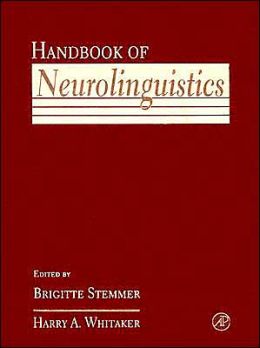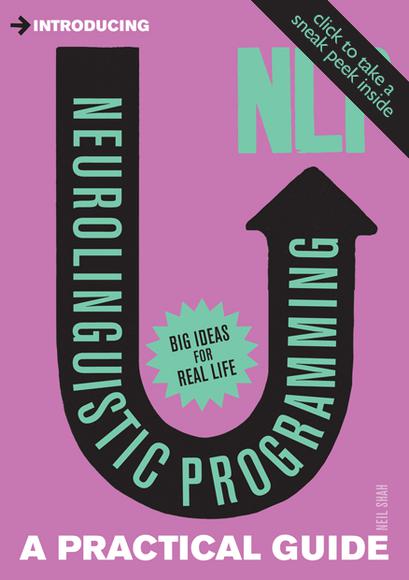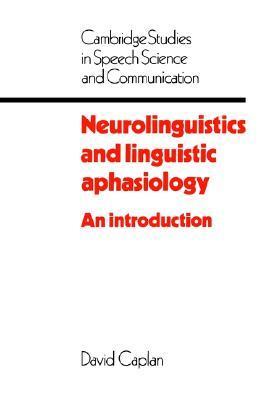Neurolinguistics is the study of the neural mechanisms in the human brain that control the comprehension, production, and acquisition of language. As an interdisciplinary field, neurolinguistics draws methodology and theory from fields such as neuroscience, linguistics,cognitive science, neurobiology, communication disorders, neuropsychology, and computer science. Researchers are drawn to the field from a variety of backgrounds, bringing along a variety of experimental techniques as well as widely varying theoretical perspectives. Much work in neurolinguistics is informed by models in psycholinguistics and theoretical linguistics, and is focused on investigating how the brain can implement the processes that theoretical and psycholinguistics propose are necessary in producing and comprehending language. Neurolinguists study the physiological mechanisms by which the brain processes information related to language, and evaluate linguistic and psycholinguistic theories, using aphasiology, brain imaging, electrophysiology, and computer modeling.
Neurolinguistics: An Introduction to Spoken Language Processing and its Disorders
Introduction to Neurolinguistics
Handbook of Neurolinguistics
Copyright (c) 2014



